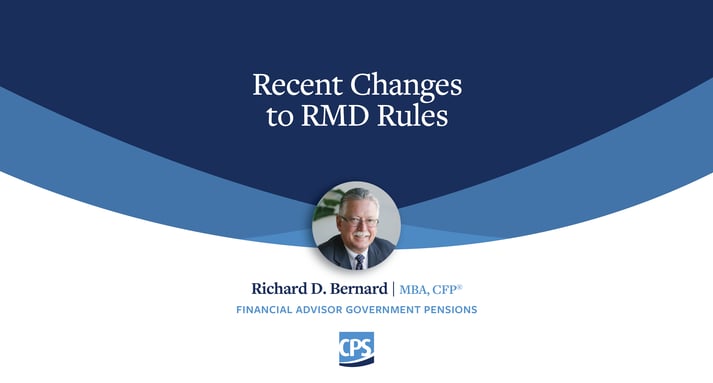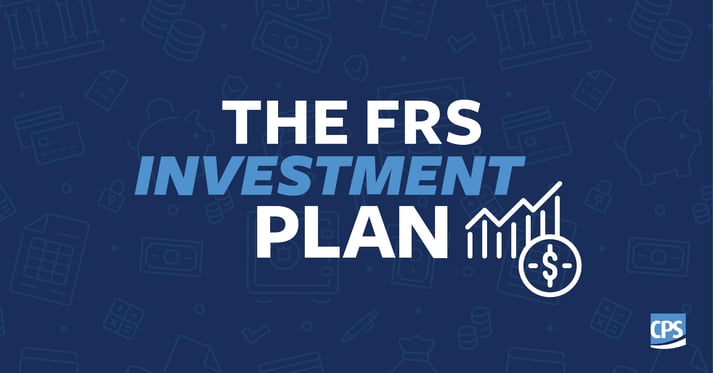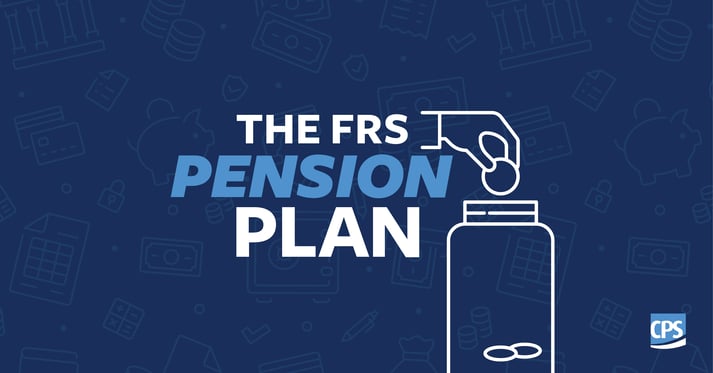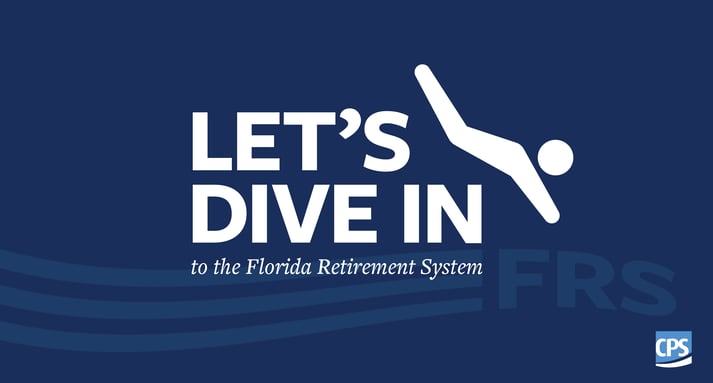Financial Wellness
The life span of Americans has increased dramatically over the past several decades. Much of this increase is due to the shift in focus from treating conditions after they occur to preventing them from occurring in the first place. Wellness is a buzzword we hear as it has become clear that leading a healthy lifestyle improves our physical and emotional health and improves our overall quality of life. Some common-sense steps to physical wellness include a diet, regular exercise, and annual health exams.
But what about your financial wellness? Healthy financial habits can improve your quality of life, reduce stress, and set the stage for a happy retirement. Like physical wellness, financial wellness requires some sacrifices, but the rewards outweigh the effort. To get started on your financial wellness program, follow these steps:
Live Within Your Means
To pay for our expenses and save for the future, we must allocate our income. Spending more than you earn is not sustainable in the long run, so use your income as a starting point and develop a sensible budget. Regularly compare your spending to your budget to ensure you are on course.
Control Debt
Some debt, such as a low-interest mortgage, is expected and is not necessarily bad. But other debt, like revolving credit card debt, is almost always unfavorable. Consumer debt is a clear sign that you are spending more than you earn. Design your budget to focus on paying down high-interest debt. Your goal should be to have zero consumer debt carried over month to month. Small sacrifices now will pay big dividends in the future.
Save for Future Goals
If you hope to maintain your current lifestyle when you retire, saving for retirement is extremely important. Many people have supplementary goals, like funding their children’s education, buying a second home, or going on that once-in-a-lifetime vacation. Determine how much you must save monthly to meet your goals and build that into your budget. Your trusted financial advisor can help you determine how much you need to reserve.
Manage Risks
Much as you should be cautious about undertaking physically risky activities, you should also manage your financial risks. Do not invest money you can’t afford to lose in risky investments (i.e., cryptocurrency). Additionally, insure against risks that could be financially devastating to your finances. Most people need health, life, homeowners, and auto insurance. Also, ensure that you have your estate planning documents in order.
Get Regular Checkups
Regular visits to your physician for wellness checkups are an essential part of staying healthy, and, likewise, you should routinely meet with your trusted financial advisor for a financial wellness checkup. You expect your doctor to have your best interest in mind, and you should expect the same from your financial advisor, so make sure to choose a fiduciary advisor. They will help keep you on track to maintain lifelong financial health.
Ready to improve your financial health? Download our free Financial Fitness Checklist and evaluate your financial fitness level!
Rick D. Bernard | MBA
Financial Advisor








